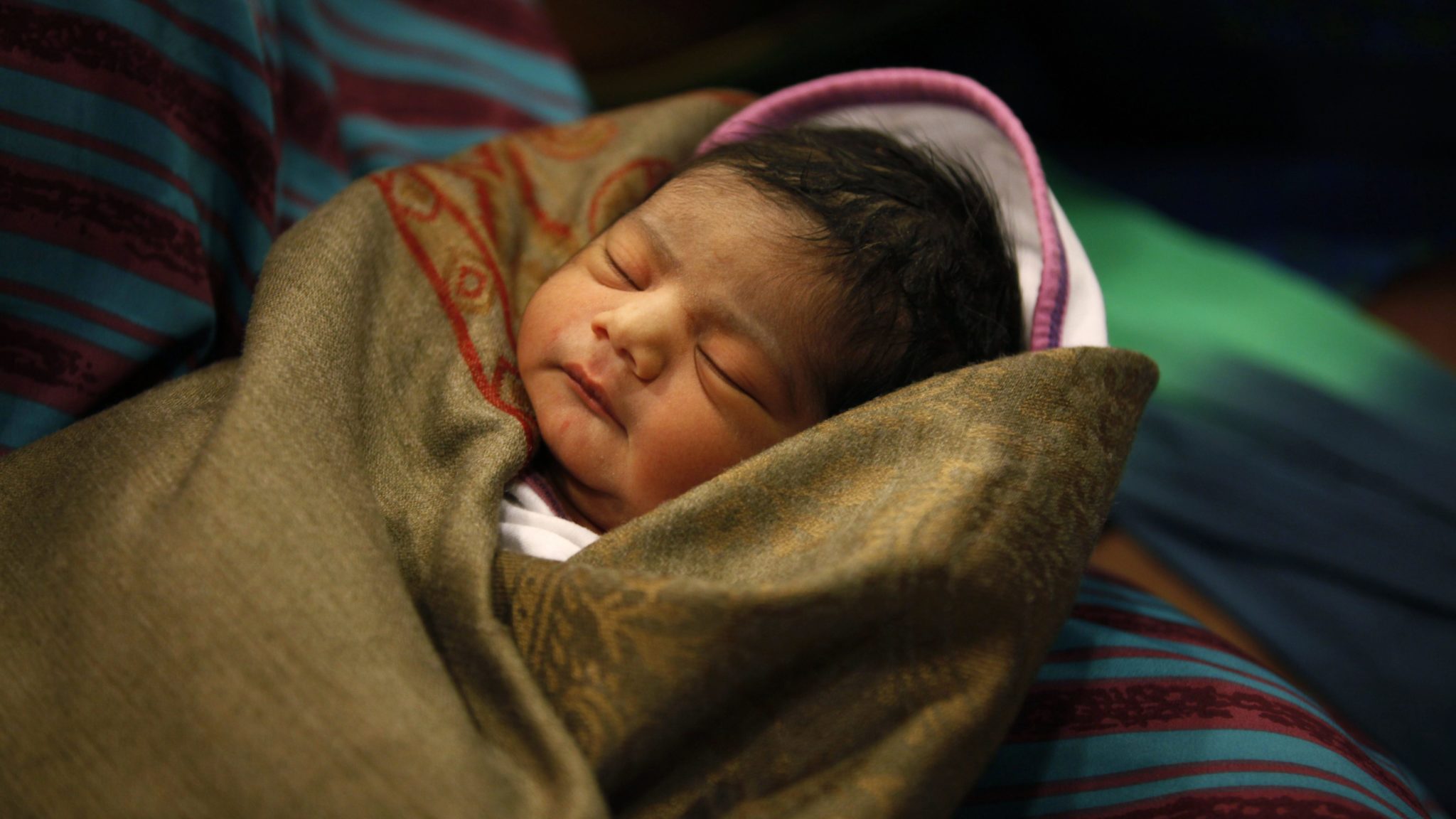New Laws in India Regulate Assisted Reproduction and Surrogacy
Laws include some improvements, but gaps remain.

Following years of advocacy by the Center for Reproductive Rights and partners, two new laws regulating assisted reproduction and surrogacy in India took effect in January. The Surrogacy Act and the Assisted Reproductive Technology Act (“ART Act”) include myriad provisions establishing criteria for legal surrogacy and assisted reproduction technology (ART), as well as enumerating a comprehensive set of rights protecting children born through ART.
While the laws, passed in 2021, incorporate several recommendations made by the Center and its partners, advocates have identified significant gaps created by the laws that necessitate further advocacy and policy change.
“After decades of attempts at legally regulating surrogacy and assisted reproductive technology, we now have two laws that govern and set standards for surrogacy and ART. While some provisions are clear improvements, there are concerns that both laws are not framed within a rights-based-model and restrict access for many,” said Brototi Dutta, Advocacy Adviser for Asia at the Center for Reproductive Rights.
Read more.
Op-ed: “With the Surrogacy Act, the judiciary has the chance to expand scope of reproductive rights”
Op-ed for The Indian Express by Brototi Dutta of the Center and Gargi Mishra of ILS Pune.
The Surrogacy Act bans and penalizes commercial surrogacy, allowing it only in cases of altruism. The impact of this provision is that surrogates are prohibited from receiving any monetary compensation for their role, except for medical and insurance coverage. Further, the Surrogacy Act establishes criteria for the surrogate and the intended parents, the circumstances under which surrogacy is allowed, and a regulatory framework for governing surrogacy clinics.
The Assisted Reproductive Technology Act regulates assisted reproduction clinics and banks by establishing a national registry to oversee their functioning, conditions for gamete donation including criteria for donors, and conditions for offering ART services. Additionally, it defines assisted reproductive technology as services such as in-vitro fertilization, gamete donation, and surrogacy. The Act also enumerates the rights of children born through ART, including protection from abandonment and a recognition of their inheritance rights.
ART and Surrogacy in India
- According to the World Health Organization, primary infertility in India is between the range of 3.9 to 16.8%.
- Prior to the new laws coming into effect, India was considered to be a popular choice for international parents to go through surrogacy. A 2012 study estimated that in 2012, 25,000 babies were born to surrogate mothers in India and 50% of them were for international couples.
- In 2012, it was estimated that the surrogacy industry in India was worth more $400 million a year with around 3000 clinics operating across India.
Advocates Express Concerns about the New Laws
Though the laws contain some positive provisions, both laws have been criticized by the sexual and reproductive rights movement and the medical profession for the following reasons:
- The laws are framed in a heteronormative and exclusionary way. ART is made available only for infertile heterosexual married couples or single women who are either widowed or divorced, omitting the LGBTQI+ community and unmarried partners. This goes against international standards and the latest Supreme Court of India decisions, including Navtej Singh Johar v. UOI, a landmark case for the LGBTQI+ community that decriminalized same-sex relations between consenting adults.
- By prohibiting compensatory surrogacy, the laws perpetuate a paternalistic model which undermines women’s autonomy and reproductive labor.
- The restrictive criteria of surrogates might push surrogacy underground and put the lives and rights of women at risk.
- With high registration fees and cumbersome regulatory provisions, the new laws will make ART services costlier and create barriers for people living on lower incomes. The laws will also make it difficult for smaller clinics to operate.
Center and Partners Provided Recommendations on the Laws
Some of the recommendations of the sexual and reproductive health and rights (SRHR) and women’s rights organizations, including the Center, were incorporated into the new laws. These include:
- The removal of a restrictive provision that allowed altruistic surrogacy only by close relatives. Civil society organizations and activists were concerned that by restricting surrogates to close relatives, the law would reproduce complex familial hierarchies that endanger women’s rights.
- Inclusion of single women in the scope. The earlier draft of the laws had excluded single women, including widows and divorced women.
- Revision of the definition of infertility to comply with WHO guidelines that define infertility as not achieving pregnancy for 12 months. Infertility was previously defined in the laws as failure to achieve pregnancy for five years.
The Center’s Asia Program
The Center for Reproductive Rights is a driving force behind important advances in reproductive rights laws and policies, improving access to reproductive health care and advancing sexual and reproductive health and rights in Asia.
Monitoring Implementation from a Rights-Based Perspective
The Center and its partners urge careful monitoring and implementation of the laws from a rights-based perspective. The implementation of the laws must be periodically reviewed including regular consultations with stakeholders to ensure that the rights of the surrogates, children born into surrogacy, and ART donors are protected. Advocacy efforts must center around a call for non-discriminatory access to ART services irrespective of marital status, gender identity and sexual orientation.
Read more:
